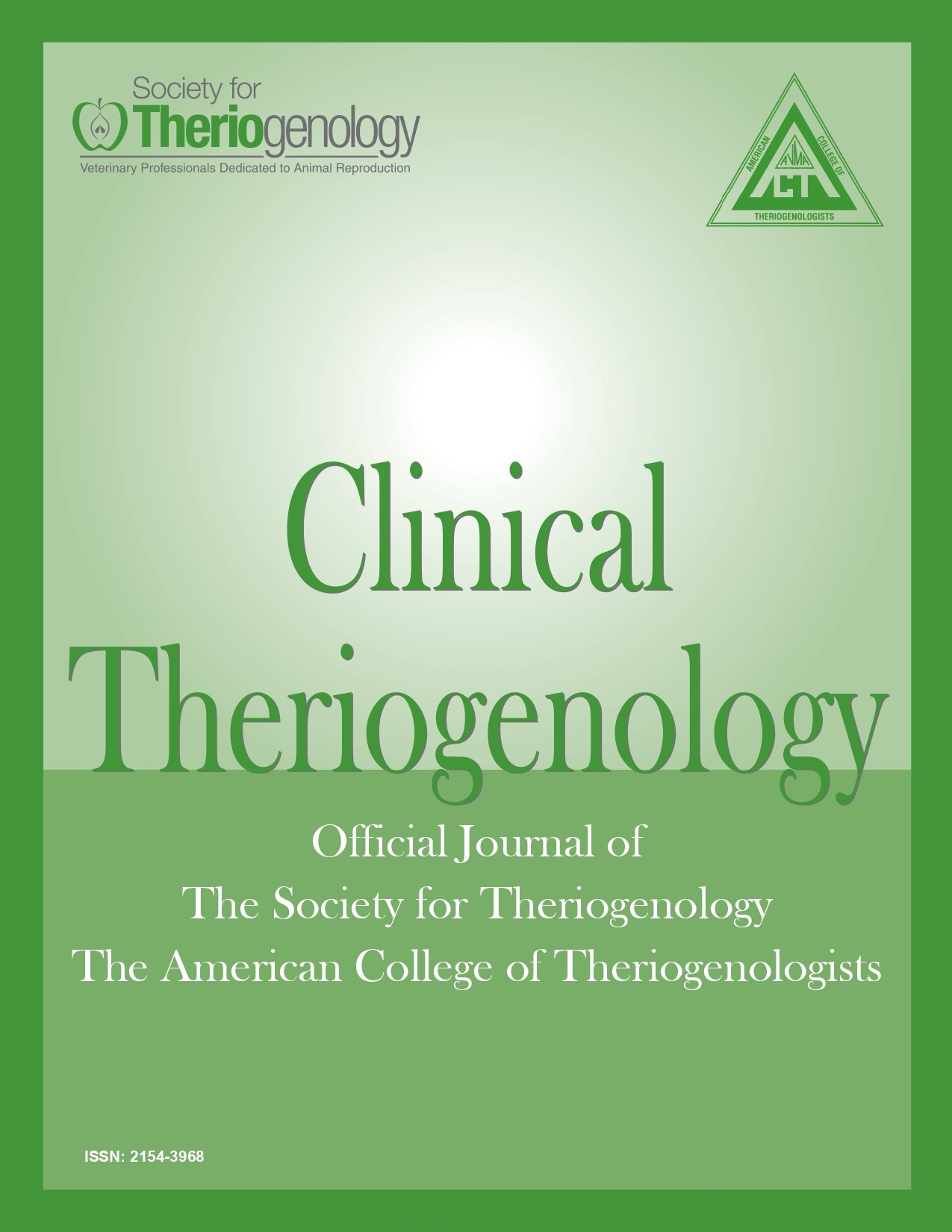Pregnancy loss in cattle
Abstract
Pregnancy loss in cattle has a major economic impact on livestock producers. Additionally, some agents are zoonotic and therefore
are also a public health concern. Determining the cause of pregnancy loss in cattle is often unsuccessful. In only ~ 30% of mid- and
late-term pregnancy losses is a specific cause identified. Pregnancy loss is higher during the embryonic period compared to the fetal
period, and causes are noninfectious or infectious. Noninfectious causes include genetic defects (arthrogryposis multiplex, bovine
arachnomelia syndrome, bovine citrullinemia, and chromosomal abnormalities), toxic plants and toxins (lupine, hemlock, locoweed,
pine needles, ergot alkaloids, certain molds, and nitrates), nutritional deficiencies (vitamin A and E, selenium, and thyroid hormones),
environmental factors (heat stress), and medications (prostaglandin F2α and glucocorticoids). Infectious causes include bacterial
(brucellosis, chlamydiosis, coxiellosis, foothill abortion, leptospirosis, listeriosis, and Ureaplasma diversum), fungal (Aspergillus fumigatus),
viral (bluetongue virus, bovine viral diarrhea, Cache valley virus, and infectious bovine rhinotracheitis), and protozoal (neosporosis and
trichomoniasis).
Downloads

This work is licensed under a Creative Commons Attribution-NonCommercial 4.0 International License.
Authors retain copyright of their work, with first publication rights granted to Clinical Theriogenology. Read more about copyright and licensing here.





